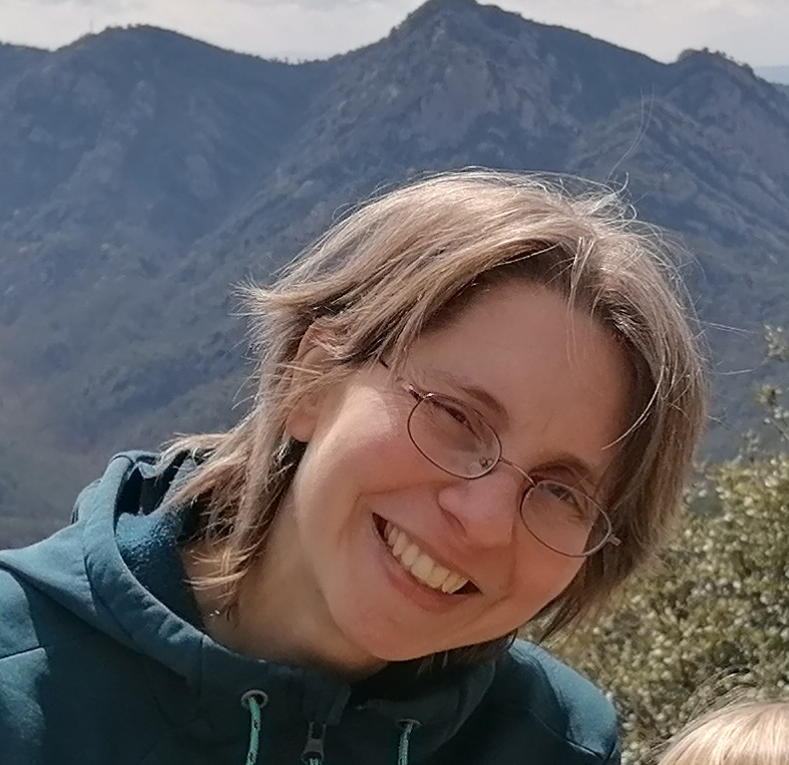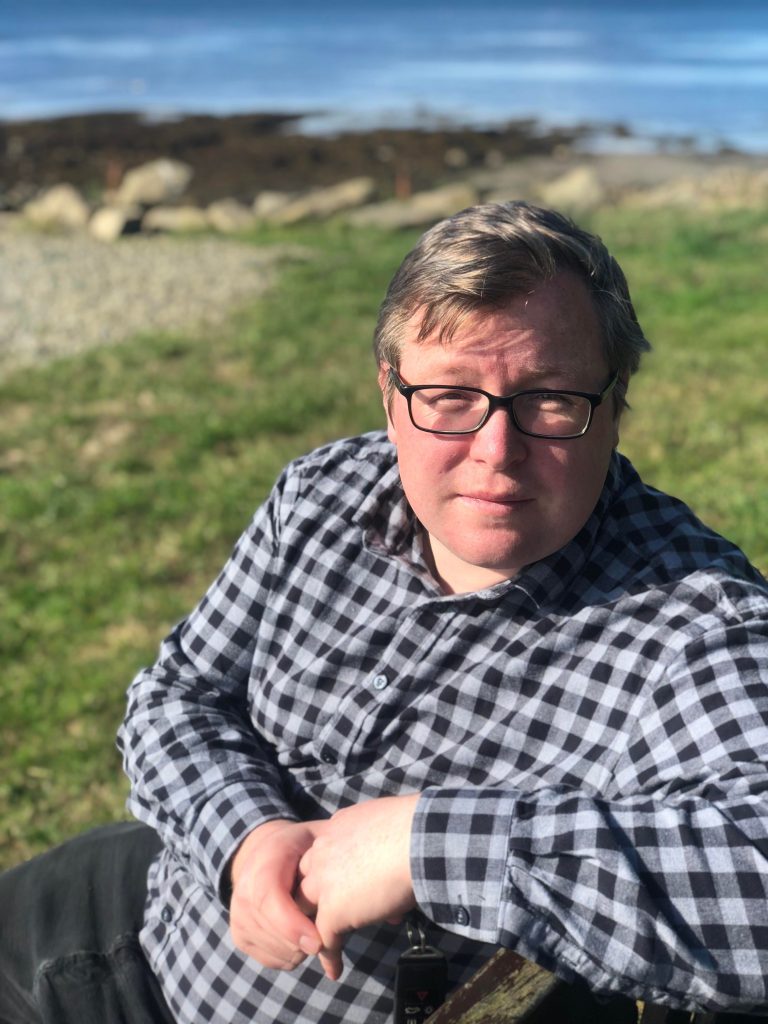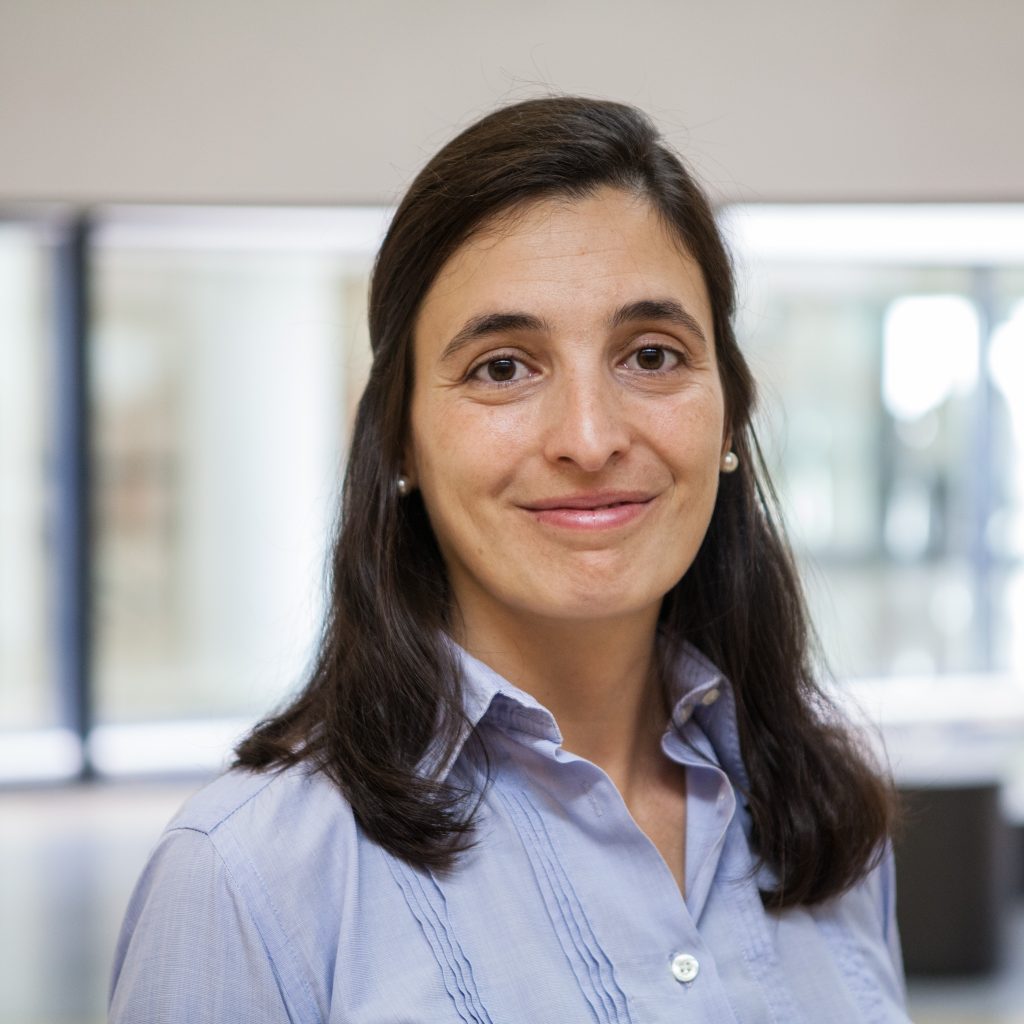We are delighted to let you know that the ESHS Brussels 2022 Early Career Lectures will be delivered by three very promising scholars selected by a special committee appointed by the ESHS Council in light of the quality of their scholarship and the originality of their historiographical approaches. Their work is indicative of the talent, innovative spirit, and creativity among the younger generation of historians of science. The selected lecturers (and lectures) for the Brussels conference are Gemma Cirac-Claveras, Sam Robinson and M. Luísa Sousa. Below you will find a short biographical note.

Gemma Cirac-Claveras is a research fellow at the Universitat Pompeu Fabra in Barcelona. After graduating in physics (Universitat de Barcelona), she earned her PhD in History of Science (Centre Alexandre Koyré-EHESS, Paris) with a thesis about the history of satellite remote-sensing technology in France, and its social, political and environmental implications. Since then, her research investigates the co-production of measurements, data, models, information and knowledge flows generated with remote-sensing satellites and of environmental discourses, practices and policies. By situating satellite technological systems -and their associated people, knowledge practices, artefacts, industries, and structures- at the centre of her analysis, Cirac-Claveras contributes to history of science and technology, space age history, environmental history and history of information systems, especially in the late 20th Century Europe.
In 2021, Cirac-Claveras was granted with an ERC Starting Grant for her project “CLIMASAT. Remote-sensing satellite data and the making of global climate in Europe. 1980-2000”. Amongts her most recent publications is “Re-imagining the space age. Early satellite development from Earthly fieldwork practice” (Science as Culture, 2021), which was awarded with the ICOHTEC’s Maurice Daumas prize 2022.

Sam Robinson is research fellow at the University of Southampton, UK. Sam is a historian of Cold War science and technology with a particular focus on the global ocean, science diplomacy, and past futures. He completed his PhD at the University of Manchester in 2015, following a degree in History from the University of Aberdeen. Sam has held research fellowships at the Universities of York (Sociology) and Aberystwyth (History) on the AHRC funded “Unsettling Scientific Stories” project, and Manchester (CHSTM) as part of the H2020 project InsSciDE (Inventing a share Science Diplomacy for Europe). He has also held teaching lectureships at the University of Kent (History) and the University of Cambridge (History and Philosophy of Science) as part of the Leverhulme Trust funded “Making Climate Histories” project. Before joining the University of Southampton in September 2021. Sam is the Vice-President of the International Commission for the History of Science, Technology and Diplomacy (STAND) and of the International Commission for the History of Oceanography (ICHO) of the DHST. His recent publications include Ocean Science and the British Cold War State (Palgrave, 2018), and ‘Scientific Imaginaries and Science Diplomacy: the case of ocean exploitation’ published in Centaurus in 2021. At Southampton Sam is a member of the ERC Advanced Grant project “Negotiating World Research Data: A science diplomacy study (Neworld@a)” where he will undertake a historical study of world ocean data sharing since 1960.

M. Luísa Sousa is a historian of technology and mobility and researcher at the Interuniversity Centre for the History of Science and Technology (CIUHCT), and assistant professor (adjunct) at the NOVA University of Lisbon. In her PhD in History, Philosophy, and Heritage of Science and Technology (Universidade NOVA de Lisboa, Université Sorbonne Nouvelle, 2013, awarded a Special Mention of the 2017 DHST Prize for Young Scholars) she has worked on how the construction of the socio-technical system of automobility shaped the practices of mobility and the uses of public space, transforming streets into thoroughfares, crossing history of technology, urban history, mobility history and STS. She is currently working on the materiality of colonial infrastructures and its engineering, which she started to develop in her post-doc. She also is contributing to research in a project on heritage policies of glass and plastic and the Anthropocene, and is the principal investigator of the project Hi-BicLab. History Lab for Sustainable Urban Mobilities: Lisbon’s cycling policies that focuses on the history of urban mobility in Lisbon, for which she recently obtained funding from the Portuguese Research Council (FCT). She has been Chief Editor of HoST- Journal of History of Science and Technology (2017-2020) and is currently member of its Advisory Board and also of TST’s and contributing editor to Technology and Culture, and served in Committees of scholarly societies such as Tensions of Europe, ICOHTEC, T2M, and STEP.